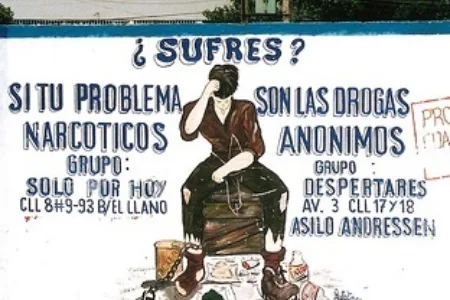Illicit drugs and peace negotiations in Colombia: challenges for the government and the FARC

This expert analysis critically assesses the political implications of the inclusion of the issue of illicit drugs in Colombia’s peace negotiations. It considers the ways in which the parties have approached the drug problem and lays out some of the critical questions regarding drug policy options. It also discusses what these negotiations tell us about the parameters within which drug policy reform may be realistically pursued in Colombia, which could also affect regional and international approaches to the issue. Drug policy reform has already prompted some searching questions in Latin America and an increasingly heated global debate.
In the course of ongoing negotiations between the government of Colombia and the Revolutionary Armed Forces of Colombia the parties agreed to include the question of illicit drugs as the negotiations’ fourth agenda item, which is likely to test the process’s capacity to achieve far-reaching change. More than any other country (perhaps with the exception of Mexico), Colombia has shown that drug control policy needs urgent rethinking, as does the way in which the policy is applied. Will the peace negotiations mark a turning point in Colombia’s drug policy? And through the negotiations, will Colombia lead the way towards a more visionary international drug policy?